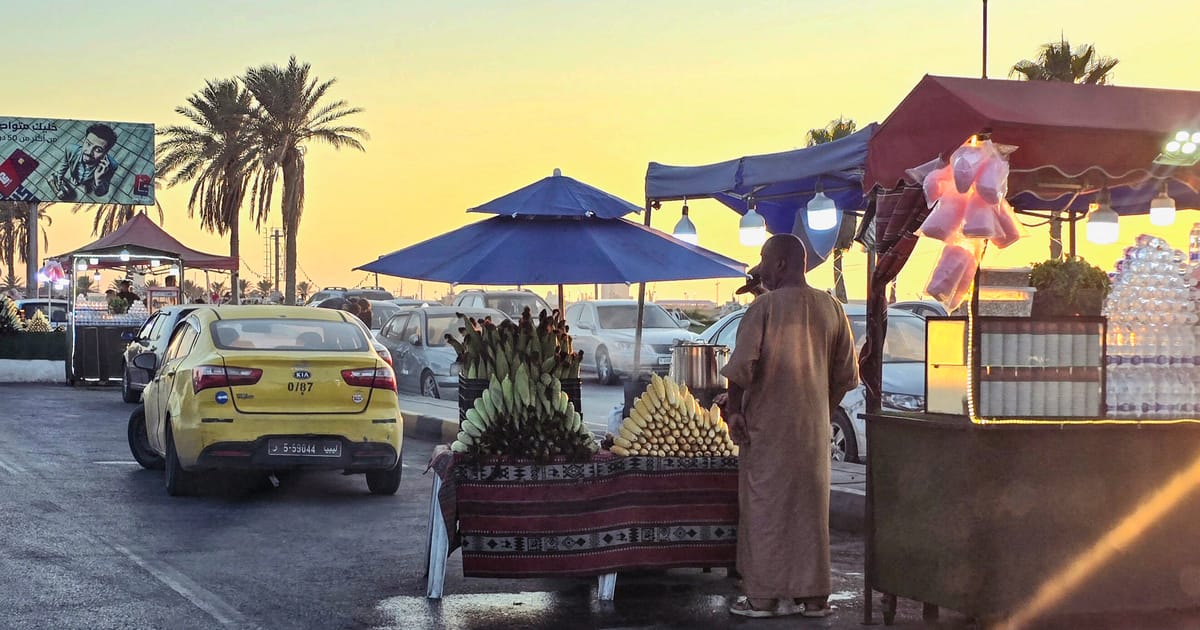

In a confluence of unfolding international developments, the world is experiencing complex tensions, with impactful events unraveling in various corners. From diplomatic challenges in Libya involving British representatives, to dialogues concerning war dynamics in Eastern Europe and escalating conflicts in the Middle East, the broader narrative today signals the intricate interweavings of global diplomacy and conflict resolution.
Recent reports from Libya underscore the evolving security concerns, following an alarming incident where shots were fired at British diplomatic staff. This occurrence has sparked engagement from the highest levels of U.K. leadership, drawing attention to the necessity for careful diplomatic navigation and reinforced security measures in unstable regions. This situation serves as a poignant reminder of the asymmetrical risks that accompany diplomatic missions in conflict-prone areas and reaffirms the enduring value of international cooperation to ensure safety and peace.
Concurrently, attention is riveted on the complex geopolitical dialogue between the United States and Eastern Europe. Former President Donald Trump has recently voiced disappointment regarding Russian President Vladimir Putin’s stance in ongoing Ukrainian conflicts. Trump has signaled his intention to bolster Ukraine’s defenses through new weapons agreements, an approach aimed at empowering European nations to fund defensive measures. Furthermore, he cautions of significant economic repercussions through tariffs on Russia, should the hostilities persist unchecked. This approach echoes longstanding strategies of deterrence and underscores the role of diplomacy and support measures in fostering stability.
In Ukraine, tensions have escalated with proactive efforts from Ukrainian intelligence aiming to mitigate clandestine threats. The recent strategic move against agents from Russia’s Federal Security Service highlights the broader security measures in place to counteract actions perceived as endangering the nation’s integrity. This initiative is intrinsic to the region’s unfolding narrative that balances security and diplomatic engagements amid ongoing external pressures.
Amidst these international concerns, the humanitarian crisis in the Middle East remains distressingly acute. Recent airstrikes in Gaza have added to a staggering toll, with reports indicating over 58,000 casualties to date. The lethal impact of these strikes is starkly visible, with numerous families grievously affected and the loss of lives resonating profoundly across global communities. Despite assertions by the Israeli military regarding targeting errors, the impact on civilian populations remains tragically tangible.
In the West Bank, these narratives of violence intersect with ones of individual stories marked by loss and cultural significance. The recent deaths of Palestinian-American Sayfollah Musallet and his Palestinian companion underlie the broader tensions simmering in the region. Their families’ calls for thorough investigations and accountability reiterate the profound personal impact of this conflict, alongside broader geopolitical dialogues. These stories mirror the complex tapestry of socio-political dynamics influencing peace and stability in the region, reminding us of the human dimensions underlying geopolitical tensions.
Across the globe, these developments collectively illustrate the multifaceted challenges faced in preserving peace and security. As the international community continues to navigate these turbulent waters, the path forward requires a harmonization of strategy, empathy, and proactive engagement, recognizing that sustainable solutions are woven through both diplomatic discourse and humanitarian sensibility.
Source: {link}
